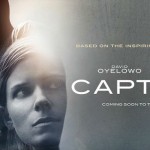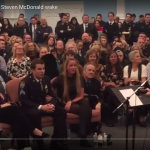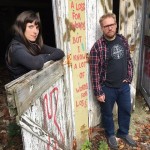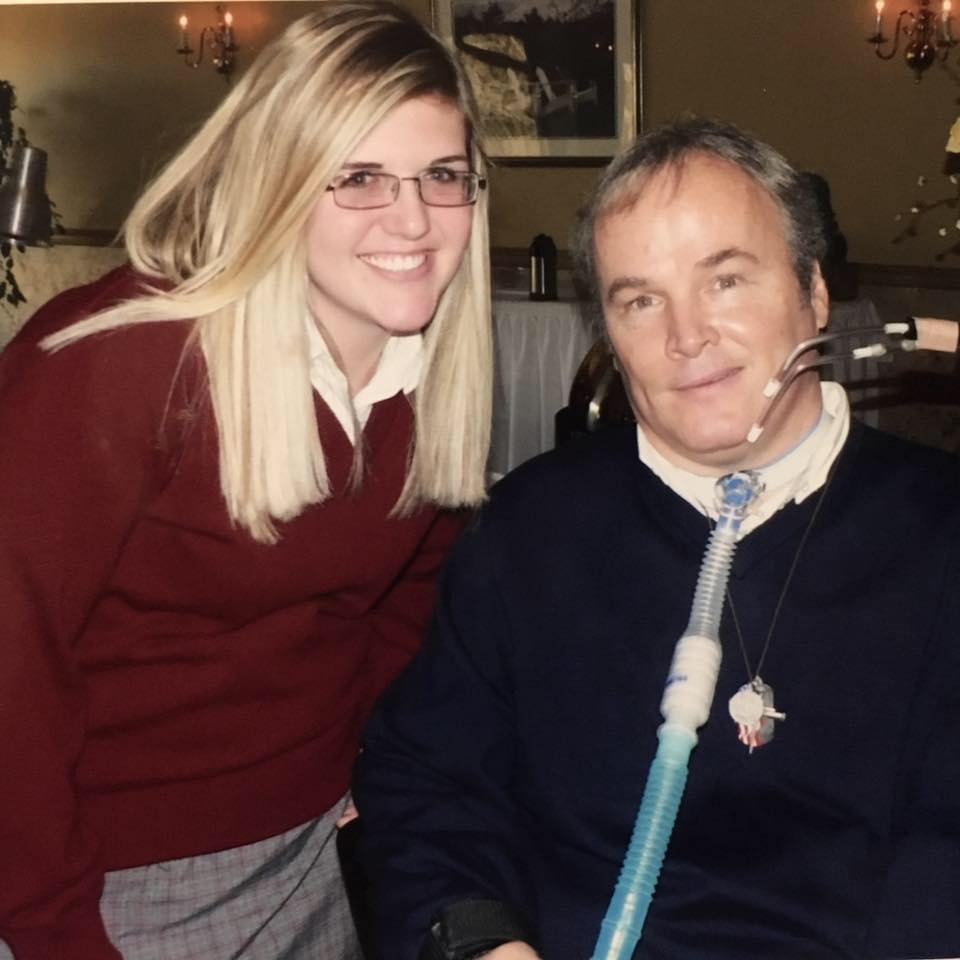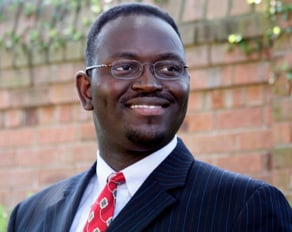 (Photo of Rev. Clementa Pinckney from website of Emanuel African Methodist Episcopal Church.)
(Photo of Rev. Clementa Pinckney from website of Emanuel African Methodist Episcopal Church.)
The nine murders that took place at Emanuel African Methodist Episcopal Church in Charles, SC, on Wednesday shocked the country and the world. The fact that they occurred in a house of worship during an hour of prayer and Bible study just adds to the horror.
While we all mourn and pray for the victims and their families, we should also look at the two divergent worldviews that played an inherent role in this situation.
Though the church where the crime took place is known primarily for serving the African-American community, the Bible study group welcomed Dylann Roof, a young white stranger, to join them. Sylvia Johnson, a cousin of the murdered Rev. Clementa Pinckney, told CNN that a friend told her, “My cousin, being the nice, kind, welcoming person he is, he welcomed him to his congregation, welcomed him to the Bible study, and he sat there for an hour.”
In other words, regardless of his color, the Bible study group welcomed Roof as a fellow human being made in the image and likeness of God.
Roof, on the other hand, saw no kinship at all with the people around him. He simply wanted “to shoot black people,” thereby denying any kind of common humanity.
And there you have it: two very divergent ways of looking at the world. Either we’re all made in the image and likeness of God and worthy of dignity and respect – or we make ourselves superior to others who are different and believe we have the power to destroy them. Not just disagree with them, which is a natural part of life, but destroy them.
The former path, the path taken by the church members, is, of course, the best shot we have at achieving any level of peace in this world. Though the idea that America’s founders put into the Declaration of Independence – that “all men are created are created equal, that they are endowed by their Creator with certain unalienable Rights” – though that idea has become secularized, the members of that Bible study group likely knew that it stems from the book of Genesis, from God’s making man and woman in His own image. Since the Jewish people introduced that concept to society, society has had a hard time living up to it.
Even some of our founders, who got the ideal right in the Declaration, denied that African-Americans were full human beings in the eyes of the government and God. Thankfully, our country has evolved a great deal in this respect. The fact that this crime was met with condemnation from all races and creeds shows how much of an outlier Roof’s views actually are.
But at the same time, we shouldn’t pat ourselves on the back too much because there’s still plenty of objectifying and dehumanizing going on in the world today, especially on social media and especially when it comes to politics and all that field encompasses (which is almost every aspect of life nowadays).
There are voices on both the political left and right who will take one statement or action by someone they disagree with, define that person by it, and try to destroy their reputation. There are those who will define an entire group or class of people as bad due to the actions of a few. They are essentially setting those people up as one-dimensional. However, God doesn’t create one-dimensional people; He creates three-dimensional people with minds, hearts, and spirits and everything those elements entail.
That’s how the members of Emanuel African Methodist Episcopal Church saw Dylann Roof when he joined them. They were living out their faith and Jesus’s call to “love one another as I have loved you” when they were essentially martyred because of the color of their skin. The content of their character didn’t matter to Roof. He saw them not as created in the image and likeness of God, but as an image and likeness he had created in his own mind based on every negative stereotype you can think of.
As the city of Charleston and the country try to move forward through this horror, it’s a good time to remember humanity’s common roots, to pray for the wisdom to see people as people and not as labels, and to question anything that tries to paint an entire group as bad. The future of society depends on it.
UPDATE:
– From CNN: Charleston church shooting suspect hears victims’ kin say, ‘I forgive you’
– From Peggy Noonan at WSJ: A Bow to Charleston

